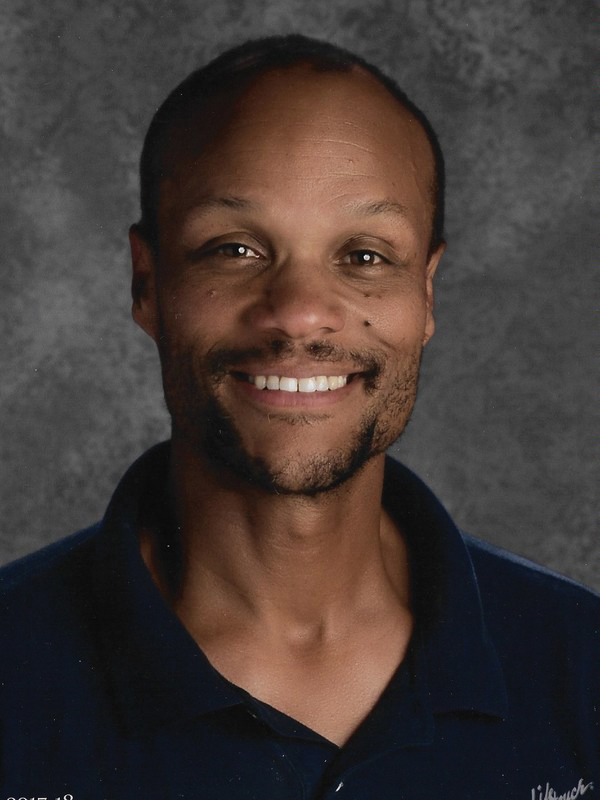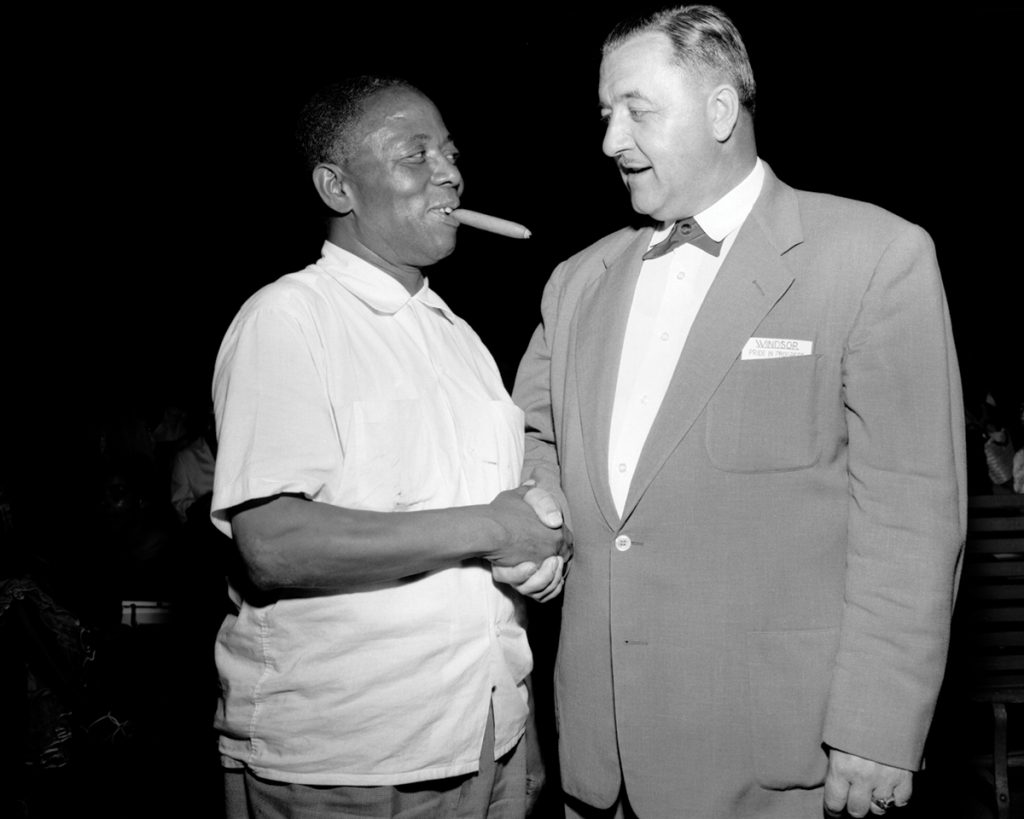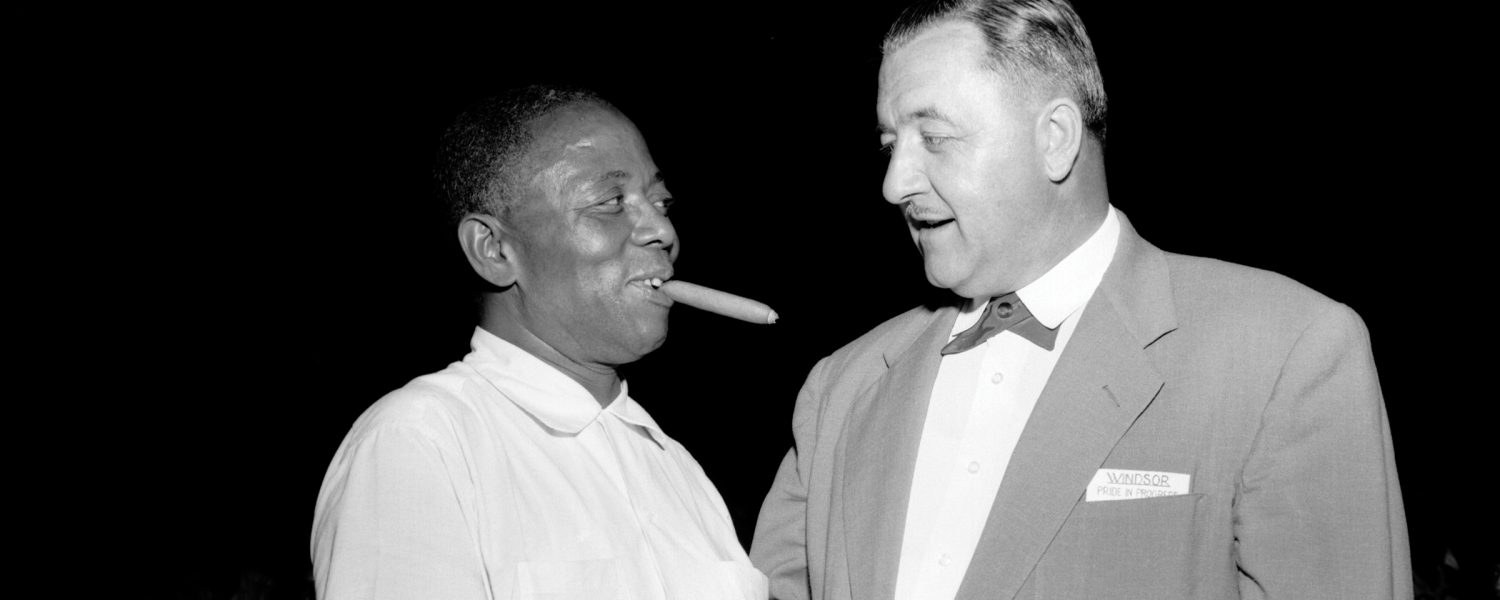A Love Letter For My Community
Story by Michael Seguin
Photography Courtesy Preston Chase
Seven years ago, Preston Chase was faced with a difficult choice. Replace his 22-year-old Honda… or fund an independently produced documentary about his great uncle, Walter Perry, the man who organized Windsor’s historic Emancipation Day celebrations.
Mr. Emancipation: The Walter Perry Story is an account of Windsor’s Walter Perry, whose progressive festival flourished during one of the most significant times and places in North American history. For 30 years, Walter Perry helped transform his hometown into the place it is now.
The faint inklings of the documentary tickled the inside of Preston’s skull years ago.
“The documentary first occurred to me in 1987, when I came home to visit my godparents after my second year at Carlton University,” Preston recalls. “We were just talking. Then, I said, ‘It’s Emancipation Day weekend! I wish we could have the celebrations like we used to.’ Then my Uncle started laughing in his raspy voice. He said, ‘Boy, you don’t know what emancipation was! Don’t you know what your Great Uncle Walt did?’”
From there, Preston embarked down a 20-year-long rabbit hole.

“He kept telling me stories,” Preston explains. “He mentioned Martin Luther King. Eleanor Roosevelt. The who’s who of the Civil Rights Movement. I was just so fascinated by these stories. So, I started looking into it more.”
For a while, Preston and his passion project maintained an on-again off-again relationship. It wasn’t until a decade later, in the year 2000, that Preston visited the North American Black Historical Museum that the documentary began to take shape.
“I found two key pieces at the museum that served me for 20 years,” Preston states. “It was two editorials, from Uncle Walt himself. Both just explained the event itself and the problems he was facing.”
The project was further buoyed when Preston approached producer Mike McNamara in 2006. That said, Preston and his crew experienced significant obstacles when trying to secure funding.
“I suppose the world wasn’t ready for our story, then,” Preston admits. “They kept trying to change it. But, I held firm. I kept saying, ‘No. Stick with the story. Stick with the story.’”
For a while, the project remained dormant. However, in 2013, Preston made the decision to forego replacing his faithful old Honda and instead embark on his ultimate labour of love.
“The reason I really pushed for this documentary is because Uncle Walt has always been a footnote,” Preston explains. “Everyone mentions the Emancipation Day celebrations, but they always forget Walter Perry, who organized everything. His focus, first and foremost, was always on the community.”
Walter Perry was a man of many talents. A taxi driver, newspaper salesman and rumrunner, he was also the mastermind behind Windsor’s momentous Emancipation Day celebrations at Jackson Park.
“Walter was a huge promoter of racial happiness,” Preston states. “Even though there were differences, everyone came together during that weekend. And there was double the population at that time. We had 200,000 people in the city. The event also drew millions of dollars in revenue towards the city itself.”
The event offered a number of benefits for Windsor’s black community during a tumultuous time in Canadian history.

“As for the black community themselves, it served a multitude of purposes,” Preston explains. “It provided them jobs. By working that one weekend, they could make enough money to last them through the school year. And every culture was represented at the celebrations. There’s a wonderful sense of self-esteem that came out of that event.”
Windsor’s Emancipation Day celebrations were so successful that it drew numerous celebrities, politicians and Civil Rights leaders from across the river.
“When Eleanor Roosevelt is calling you by your first name, I think you’ve accomplished something!” Preston laughs.
Walter Perry’s event reached a variety of historic milestones over the years, including the first ever awards for racial harmony, the first black beauty pageant and a popular international talent competition which featured many Motown artists.
“This is the power Uncle Walt had,” Preston explains. “He was called ‘Canada’s Greatest Ambassador.’ No one had the reach that he had. During his lifetime, black Americans and white Americans all knew his importance. That’s why a lot of the Civil Rights leaders came here to partake as well. The event served so much. I can’t overstate the significance of the event for Windsor or the world.”
Preston was hard at work on the documentary for seven years, flying back and forth from Windsor to Ottawa to Montreal where he was teaching.
“There was so much information available,” Preston states. “It was difficult sifting through the records and figuring out what was relevant. But it was important to me to talk about the different aspects of my uncle’s life. I wanted to tell his story, from beginning to end. I wanted to show what Uncle Walt had to go through, the struggles he faced and ultimately, what he did for this community.”
Walter Perry had a tremendous impact on the next generation of Civil Rights leaders. While doing research, Preston uncovered a photo of Walter Perry with Martin Luther King himself.
“Uncle Walt was Martin Luther King’s mentor,” Preston states. “In the photo, he was 53 and Dr. King would have been 27. He called Uncle Walt his ‘spiritual father.’ This is what Windsor, Ontario gave the world. Dr. King always said, ‘I have a dream.’ But when he visited us and saw our celebrations, he would have seen it. It would have been his dream coming true.”
Mr. Emancipation: The Walter Perry Story will be screened at 13 film festivals this year, including some in the United States and South Africa.
“I’m an educator,” Preston stresses. “My expectation was that this was going to be used in the educational system. For me, the most important thing about this film is just being able to share it with people. I just want the world to know, ‘Hey! Us blacks have been here for generations.’ Because we’ve been so omitted from history.”
And Preston’s documentary might be exactly what the world needs right now.
“There are still issues with racial discrimination,” Preston admits. “George Floyd. The Black Lives Matter movement. But, at that time, my uncle proved to the world that black lives did indeed matter. I think the lesson we can learn from this documentary is: ‘Hey guys. We can all get along.’”




Add comment